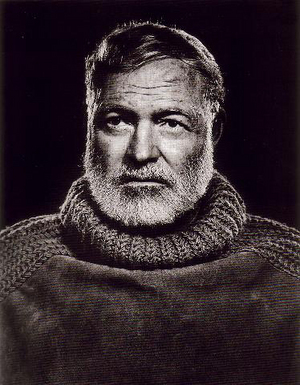It is a fairly well-known fact that eyesight can take several months (or even years) to develop in newborn babies, but what about smell? Even if your baby can’t see you very well, and even if his or her hearing isn’t yet acclimated to your voice, your baby begins to smell while still in the womb. In fact, studies have shown that babies develop their sense of smell well before the other four senses.
According to many experts, babies develop their sense of smell early on in order to connect with their mother. They can tell when she is near by the smell of her clothes, her hair and even her breast milk, and can differentiate between her and other women. This is further evinced by the fact that babies can tell their parents are close even when they aren’t in the same room.
In the womb, studies have shown that babies can smell their mother’s amniotic fluid and tell the difference between it and other smells. This continues even after birth as the baby acclimates him- or herself to the rest of the world, but grows visibly calmer as soon as his or her mother enters the room.
It is also known that babies can tell the difference between their mother’s breast milk and that of other mothers. Infants as young as three or four days show signs of contentment and pleasure at the scent of breast milk because it symbolizes the fact that their mother takes care of them.
So why is this important information? For one thing, knowledge of your baby’s sense of smell can help you to handle motherhood much easier. For example, studies have shown that babies are comforted by familiar scents. If you bring a blanket or stuffed animal that smells like you to a Well Baby visit, your child might be less fussy with the doctor.
This also helps to explain why babies are comforted by being held by their mothers. They might be comfortable in the arms of other family members every so often, but they will be calmed instantly when picked up by their mother. This is largely tied to smell, particularly since it starts to occur as soon as the baby is born.
It is possible for babies to develop aversions to certain smells as early as two weeks of age. For example, many babies are sickened by cigarette smoke and deodorizers. It can be difficult to tell when your baby is offended by a particular smell, and it’s a good idea to keep them away from strong odors as much as possible.
Your baby’s sense of smell will continue to develop as he or she ages, and the distinguishing of different smells will become progressively easier. By a year of age, most babies can recognize the smells of other adults and children, and will begin to differentiate the smells of different foods. This is also a large part of how they decide which baby foods they enjoy; taste is second to how that baby food smells.


